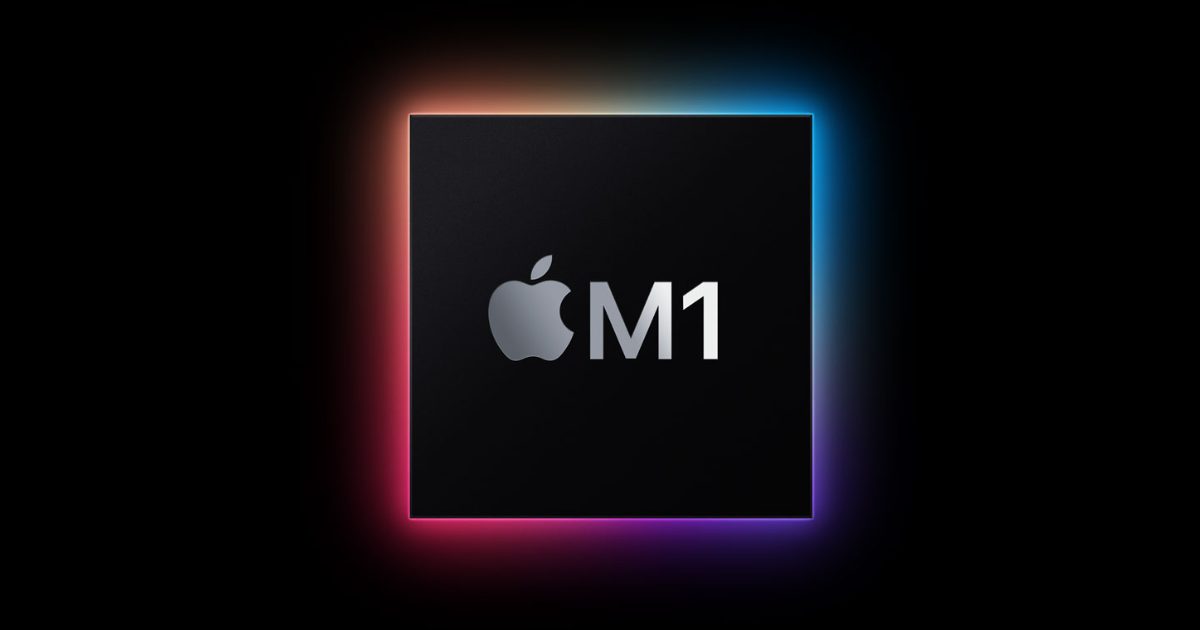Apple has placed orders for 4nm chips from TSMC for its upcoming Apple Silicon Macs. The current Apple Silicon Macs are built on the 5nm manufacturing process and also built by TSMC.

Apple will use 4nm process for its upcoming Mac chips
As per a new report by DigiTimes, Apple has booked initial capacity for TSMC’s 4nm chips for its next-generation Macs. The company has also contracted the chip manufacturer to develop A15 chips for its next-generation iPhone for 2021.
Apple has already booked the initial capacity of TSMC’s N4 for its new-generation Mac series, the sources indicated. Apple has also contracted TSMC to make its next-generation iPhone processor dubbed A15, built using the foundry’s N5 Plus or N5P process node, the sources said.
TSMC is expected to kick off production for Apple’s A15 chip that will power the upcoming iPhone 13 series by the end of May, the sources noted.
Last year, Apple had announced plans to move all of its Macs to its custom Silicon over a period of two years. As part of this migration, Apple released its first M1 chip MacBook Air, MacBook Pro, and Mac mini to positive reviews. These machines were able to outperform expensive higher-end chips from competitors like Intel and AMD, while consuming a fraction of the power. Apple’s reason to move away from Intel was because its chips provide poor efficiency compared to Apple’s own custom silicon which is based on ARM architecture.
Apple’s 5nm M1 chip has already blown away the competition, so it will be interesting to see how the 4nm chips would perform. It might be possible that Apple might use the smaller manufacturing process for its upcoming M1X, or M2 chips, which will power its upcoming iMac and high-end MacBook Pro models. TSMC expects to begin mass production of these 4nm chips by Q4 2021, so it is possible that this might coincide with the launch of these new Macs. However, Apple plans to use an enhanced version of TSMC’s 5nm manufacturing process for its upcoming A15 chip for iPhone 13.
6 comments